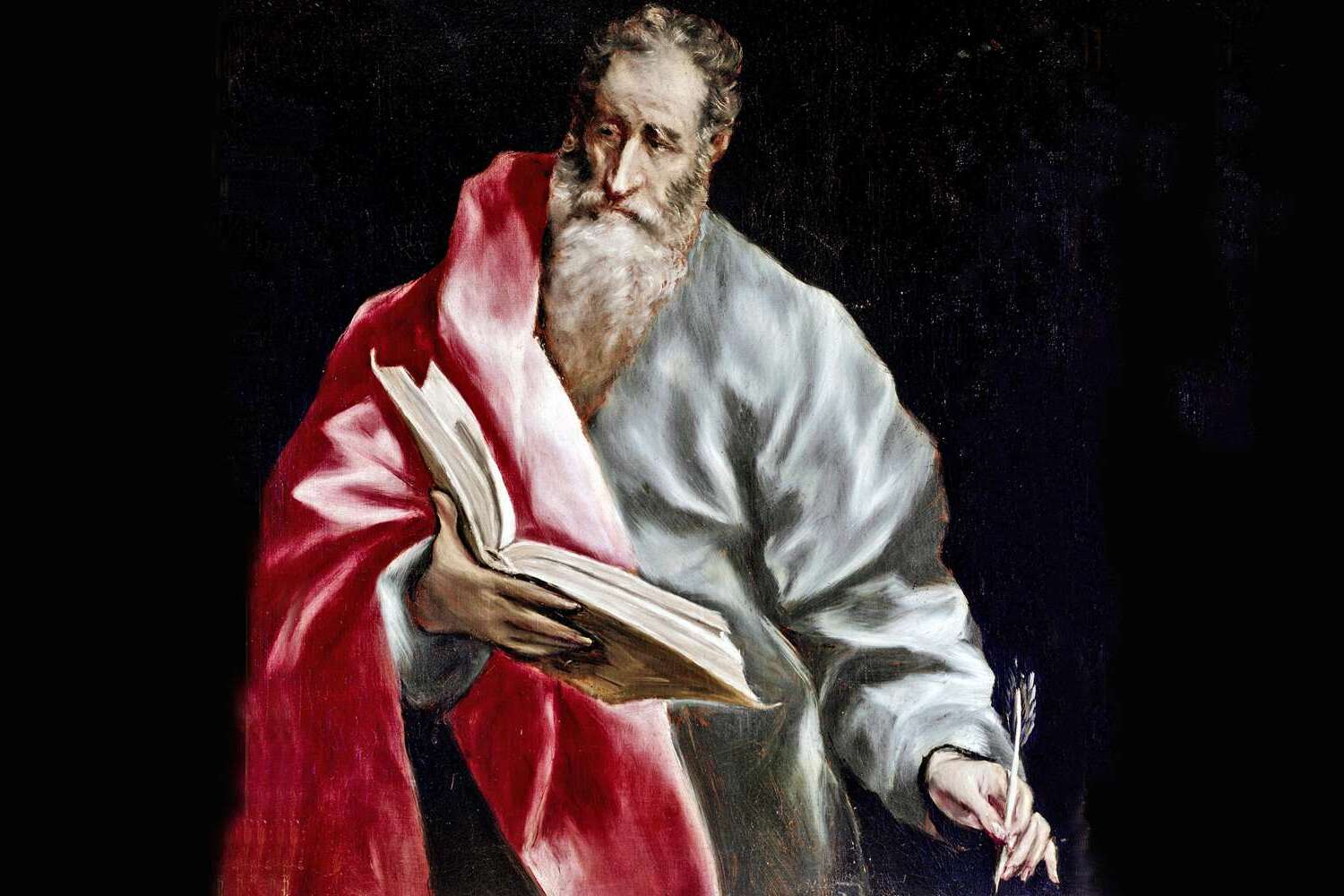
Who was Matthew the Apostle? Matthew, also known as Levi, was one of Jesus' twelve apostles. He worked as a tax collector before following Jesus, which made him an unlikely but significant disciple. Why is Matthew important? He is traditionally credited with writing the Gospel of Matthew, one of the four canonical gospels in the New Testament. This gospel provides a detailed account of Jesus' life, teachings, and resurrection. What makes Matthew unique? His background as a tax collector sets him apart, showing that Jesus' message was for everyone, even those considered sinners. Why should you care? Understanding Matthew's life and contributions helps us grasp the early Christian church's diversity and the inclusive nature of Jesus' teachings.
Key Takeaways:
- Matthew the Apostle, also known as Levi, was a tax collector before becoming one of Jesus' twelve apostles. His Gospel emphasizes Jesus as the fulfillment of Old Testament prophecies, linking the Old and New Testaments.
- Matthew's legacy extends beyond his writings. He is often symbolized in Christian art and has a lasting impact on Christian teachings. His missionary work took him to various regions, and his Gospel has unique elements that distinguish it from the other synoptic gospels.
Who Was Matthew the Apostle?
Matthew the Apostle, also known as Levi, was one of the twelve apostles of Jesus Christ. He is traditionally credited with authoring the Gospel of Matthew in the New Testament. Let's dive into some fascinating facts about this significant biblical figure.
-
Matthew was originally a tax collector before becoming an apostle. Tax collectors were often despised in Jewish society for working with the Roman authorities.
-
His other name, Levi, suggests he might have been from the tribe of Levi, which was traditionally associated with religious duties.
-
The Gospel of Matthew is the first book in the New Testament, though it was not the first gospel written.
Matthew's Role in the New Testament
Matthew's contributions to the New Testament are profound. His gospel provides a detailed account of Jesus' life, teachings, and resurrection.
-
The Gospel of Matthew contains the Sermon on the Mount, one of Jesus' most famous discourses.
-
Matthew's gospel emphasizes Jesus as the fulfillment of Old Testament prophecies, linking the Old and New Testaments.
-
The genealogy of Jesus in Matthew traces his lineage back to Abraham, highlighting his Jewish heritage.
Matthew's Symbol and Legacy
Matthew's legacy extends beyond his writings. He is often symbolized in Christian art and has a lasting impact on Christian teachings.
-
In Christian art, Matthew is often depicted with a winged man or angel, symbolizing his role as a divine messenger.
-
The feast day of Saint Matthew is celebrated on September 21st in the Western Christian calendar.
-
Matthew's gospel is the only one to mention the visit of the Magi, or wise men, to baby Jesus.
Matthew's Missionary Work
After Jesus' resurrection, Matthew continued to spread the Christian message. His missionary work took him to various regions.
-
Tradition holds that Matthew preached the gospel in Judea before traveling to other regions like Ethiopia and Persia.
-
Some accounts suggest that Matthew was martyred for his faith, though details of his death vary.
-
Matthew's missionary journeys are less documented than those of other apostles like Paul, but his impact remains significant.
Interesting Facts About Matthew's Gospel
Matthew's gospel contains unique elements that distinguish it from the other synoptic gospels (Mark and Luke).
-
The Gospel of Matthew includes the Beatitudes, a set of teachings by Jesus that begin with "Blessed are…"
-
Matthew's gospel has a strong emphasis on the Kingdom of Heaven, a term used more frequently than in other gospels.
-
The parable of the sheep and the goats, found in Matthew 25, is a well-known teaching about judgment and compassion.
Matthew's Influence on Christianity
Matthew's writings and teachings have had a lasting influence on Christian theology and practice.
-
The Lord's Prayer, a central prayer in Christianity, is recorded in Matthew's gospel.
-
Matthew's account of the Great Commission, where Jesus instructs his disciples to spread his teachings to all nations, is a cornerstone of Christian missionary work.
-
The Gospel of Matthew has been translated into numerous languages and remains a key text in Christian education and worship.
-
Matthew's emphasis on Jesus' teachings and fulfillment of prophecy has shaped Christian understanding of the relationship between the Old and New Testaments.
Final Glimpse at Matthew the Apostle
Matthew the Apostle's life offers a fascinating blend of faith, transformation, and dedication. From tax collector to one of Jesus' closest followers, his journey shows the power of redemption. His Gospel, rich with teachings and parables, continues to inspire millions. Matthew's missionary work spread Christianity far and wide, leaving a lasting impact on the world. His feast day, celebrated on September 21, reminds us of his contributions. Whether you're intrigued by his role as an evangelist or his life before meeting Jesus, Matthew's story is a testament to unwavering faith and commitment. His legacy lives on through the Gospel and the countless lives he touched. So next time you think of the apostles, remember Matthew's unique path and the profound influence he had on early Christianity.
Frequently Asked Questions
Was this page helpful?
Our commitment to delivering trustworthy and engaging content is at the heart of what we do. Each fact on our site is contributed by real users like you, bringing a wealth of diverse insights and information. To ensure the highest standards of accuracy and reliability, our dedicated editors meticulously review each submission. This process guarantees that the facts we share are not only fascinating but also credible. Trust in our commitment to quality and authenticity as you explore and learn with us.
